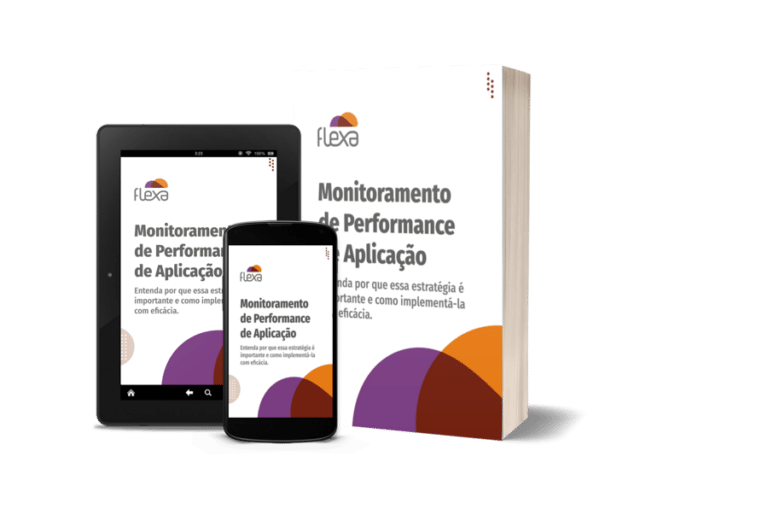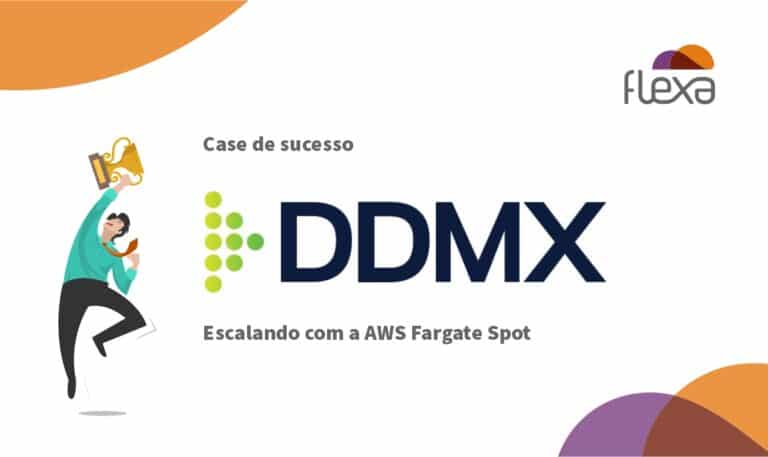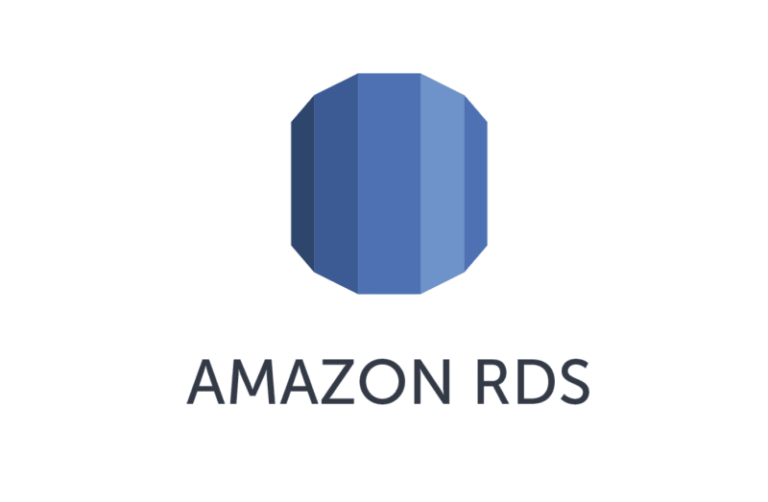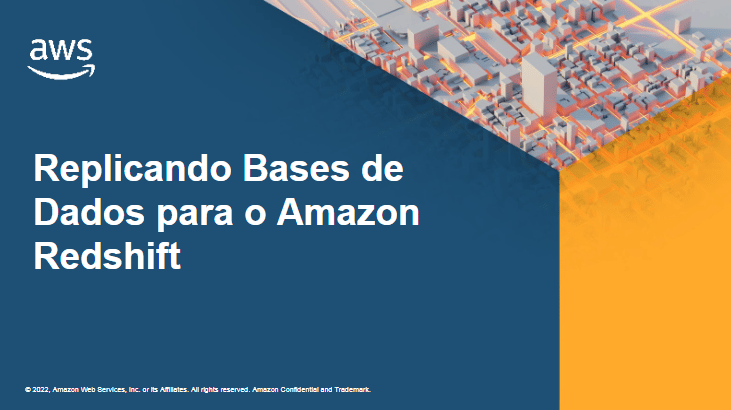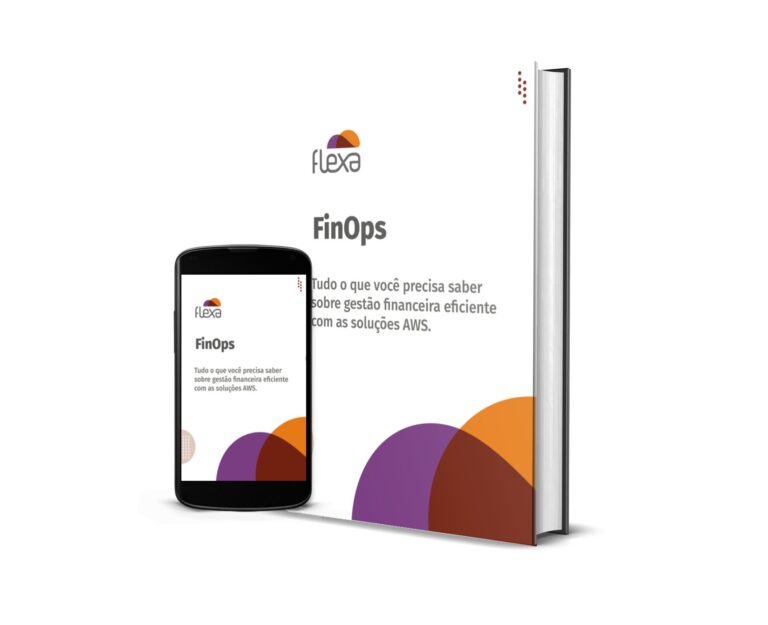In addition to management complexity and costs, there are other strong motivations for migrating Oracle and SQL Server databases to free solutions. We will help you reflect on this throughout this article.
Keep reading to understand!
What is a free bank
A Gartner predicts that “by 2022, more than 70% of new internal applications will be developed on an open source database management system. And 50% of existing instances of the commercial relational database management system will have been converted or are in the process of being converted.”
A report by Stratoscale, a little more specific, shows that 86% of the companies surveyed plan to migrate more than 25% of their Oracle base to PostgreSQL in the next 12 months.
That is, the migration to a free bank is a growing trend.
Now, what is a free database?
Um free database It is open source and free to download, modify and reuse. This is the opposite of a proprietary or closed-source database in which the code is protected to prevent copying.
In general, when we talk about open source we refer to solutions whose source code is made available for use or modification as users or other developers deem appropriate.
The open source database is generally developed as a public collaboration and made freely available.
→ Also read: Migration to free databases: get rid of 'unplanned partners'!
4 reasons to migrate to a free bank
1. Reactions to use license renewals
While the open source database allows administrators to instantiate and scale deployments without lengthy contract negotiations, commercial vendors are notorious for their licensing complexities.
Oracle, in particular, is known for its aggressive use of strict licensing terms and ongoing audits with its customers. Not only does this add operational overhead for IT teams when they need to expand server hardware or add deployments, it also creates an ongoing risk of financial loss due to non-compliance.
Many IT leaders would be more than happy to avoid these problems by switching from Oracle to PostgreSQL.
In fact, in our survey results, we found that nearly a third of respondents were driven to migrate based on their next contract renewal with Oracle.
2. Transition to an open source culture
Open source software has rapidly transformed from the domain of researchers and academics into an entire ecosystem of code bases that serve as viable enterprise alternatives to their commercial equivalents.
With benefits such as flexibility and vendor neutrality, companies are increasingly adopting an “open source first” mentality when weighing potential options in the market.
As part of this mindset shift, IT leaders naturally view database software as just another domain where open source is a better alternative.
→ Discover the case of Saipos, who switched from Oracle to PostgreSQL and achieved a 30% reduction in monthly database expenses!
3. Support modern software engineering teams
Cloud computing and DevOps have dominated the market for the past decade. Teams today strive to develop efficient, repeatable processes around the ability to instantiate separate environments for development, test, and production requirements across private or public clouds.
Those who successfully achieve this in practice reap the benefits of accelerated software delivery pipelines and improvements in quality and responsiveness to user requests.
Commercial software licenses, such as those offered by Oracle, can introduce significant friction when trying to execute these strategies, fighting the inertia of sticking with legacy systems.
This fact was reflected in our survey results, where nearly half of respondents cited the move to the public cloud as a major factor in their desire to move to PostgreSQL.
4. Attention to organizational needs
IT leaders are always striving to meet the needs and requirements of their internal stakeholders more effectively.
The prevalence of role-specific applications and SaaS tools has helped to increase the speed and breadth of demands as different business groups choose the best software for their needs.
Two common examples of how these needs arise for IT teams are requests for self-service and database support features for modern applications.
The former allows users to deploy databases on demand quickly, without the need to mobilize IT resources.
As for the latter, while modern applications sometimes support Oracle databases, connectors to open source databases like PostgreSQL are ubiquitous and often easier to configure.
Have you ever thought about migrating to free databases? Go deeper into this topic; download the eBook right now MIGRATION TO FREE DATABASES!

